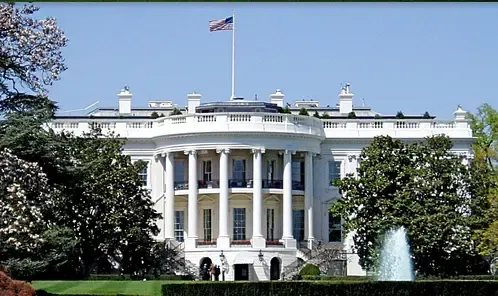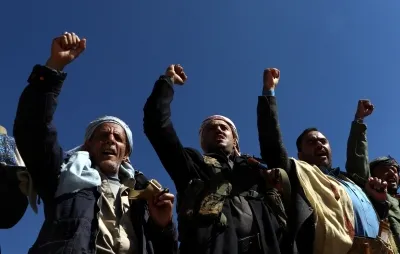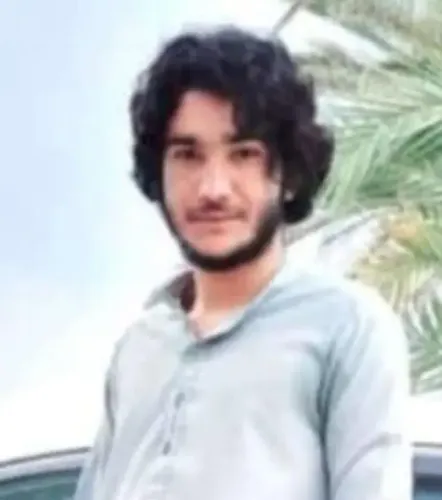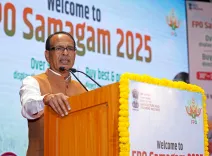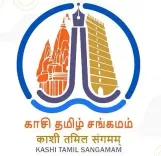What Will Happen After Yunus' Silence on Election Roadmap?
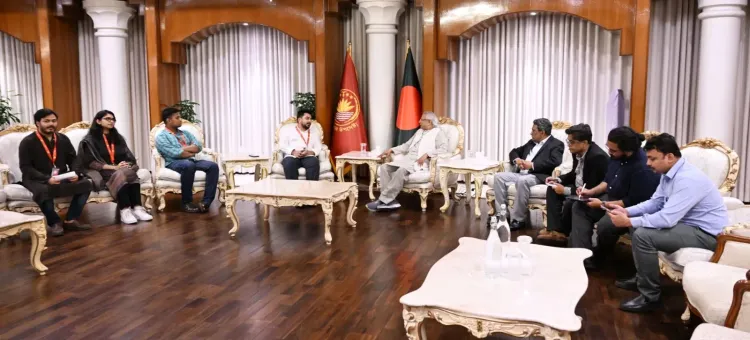
Synopsis
Key Takeaways
- Bangladesh's political parties demand clarity on the election roadmap.
- Chief Advisor Muhammad Yunus remains unresponsive to key requests.
- The BNP calls for the resignation of specific advisors for fair elections.
- Political tensions are escalating, with public protests affecting governance.
- A clear timeline for elections is crucial to ensure democratic integrity.
Dhaka, May 25 (NationPress) The political scene in Bangladesh has experienced a significant transformation as the leading three political parties have insisted on a clear election roadmap from the interim government headed by Chief Advisor Muhammad Yunus.
However, reports suggest that Yunus provided “no specific response” to the parties' requests during their discussions.
During a crucial meeting at Yunus's official residence on Saturday, the Bangladesh Nationalist Party (BNP), Jamaat-e-Islami, and the National Citizen Party (NCP) reiterated their demand for elections to occur between December and June.
In an effort to mitigate rising political tensions, the BNP reiterated its call for the resignation of three advisory council members—student representatives Asif Mahmud and Mahfuj Alam, as well as National Security Adviser Khalilur Rahman, according to sources.
“We were not informed about the meeting's agenda beforehand. However, we have presented the Chief Advisor with a written statement regarding the current situation, demanding the resignation of three advisors for fair elections. We have also insisted on bringing Awami League leaders to justice,” stated BNP delegation leader Khandker Mosharraf Hossain to reporters post-meeting.
“We advocate for justice and desire an independent judiciary. The remaining trials will persist even if the BNP assumes power,” he added.
Despite placing their demands before Yunus, the BNP reported that the Chief Advisor “did not provide any specific response.”
Hossain underscored the urgency, warning that any delays in announcing an election roadmap could heighten concerns regarding the potential resurgence of authoritarianism.
“A roadmap for national elections must be announced swiftly. Reforms will progress. They will persist even when we take power,” he asserted.
BNP Standing Committee member Amir Khasru Mahmud Chowdhury affirmed that reforms should be consensus-driven and that elections were feasible before December 2025.
Reiterating the demand for advisor resignations, committee member Salahuddin Ahmed called for the removal of Khalilur Rahman, Asif Mahmud, and Mahfuj Alam.
Following the BNP's meeting, Chief Advisor Yunus held separate discussions with Jamaat-e-Islami and the NCP.
During these talks, Jamaat sought a clear timeline for elections as well as judicial actions against Awami League leaders accused of involvement in the mass killings during the July uprising, sources disclosed.
Jamaat leaders reportedly endorsed Yunus' proposed election window of December 2025 to June 2026, suggesting that reforms could follow the elections. The party emphasized the necessity of a level playing field for all political entities and equitable opportunities for even the smallest parties, as noted by sources.
Meanwhile, the NCP presented a broader array of demands, including the reconstitution of the Election Commission, conducting local government elections prior to parliamentary elections, and establishing simultaneous roadmaps for political reforms, trials related to the July killings, and plans for both parliamentary and constituent assembly elections.
The high-stakes meetings took place just two days after Yunus publicly expressed his frustrations regarding ongoing protests and hinted at the possibility of resigning.
He lamented that ongoing agitation was distracting the government from focusing on advancing reforms, delivering justice for the July killings, and preparing for a transparent electoral process.
A statement issued on Saturday reiterated this concern, cautioning that these disruptions were not only obstructing routine governance but also creating confusion among the public.
Despite the escalating unrest, the Advisory Council reaffirmed the interim administration's commitment to fulfilling its responsibilities.
It warned that if hostile elements, including defeated domestic factions or foreign interference, rendered governance unmanageable, the administration would present all facts to the public and determine its next steps in collaboration with the people.
In light of the tense environment, the Secretariat in Dhaka remained besieged, with large groups of government employees protesting the proposed disbandment of the National Board of Revenue (NBR).
To alleviate the situation, the Chief Advisor's Press Secretary Shafiqul Alam stated that all political factions had expressed support for elections to be conducted under Yunus' leadership.
“He is a man of his word. What he commits to, he fulfills,” Shafiqul informed the media.
He confirmed that Yunus was dedicated to holding elections between December and June as part of the interim government's pledge to restore democratic order.


